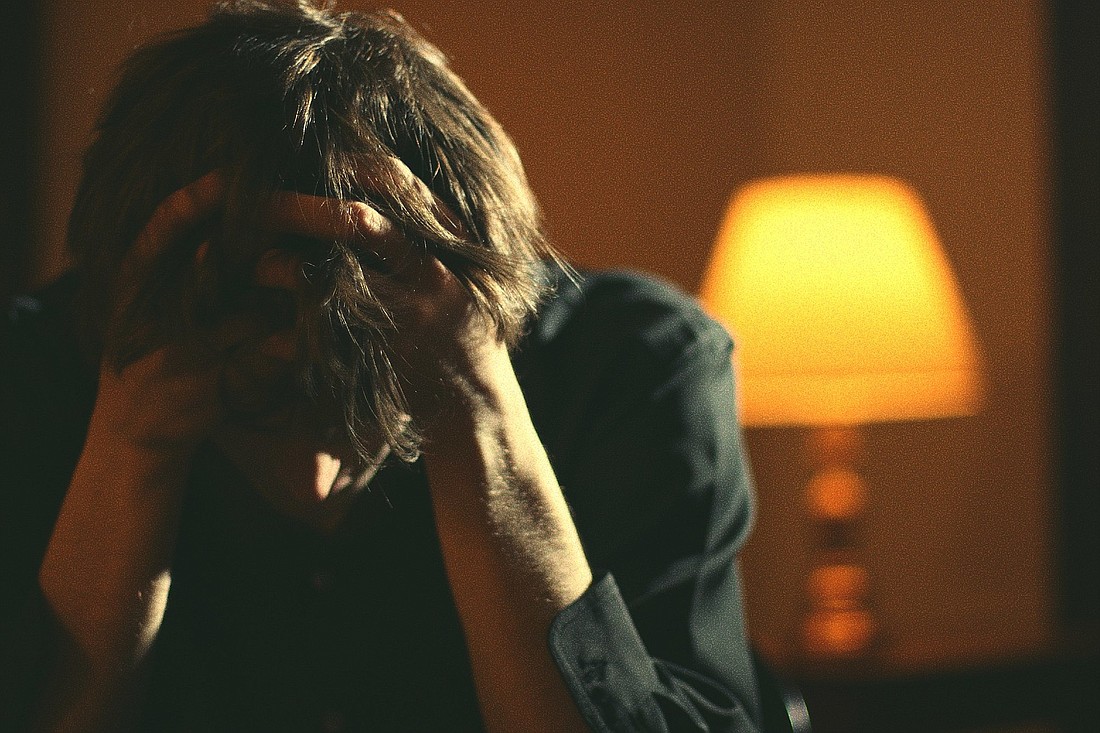- April 25, 2024
-
-
Loading

Loading

Living through a pandemic is one thing, but there is another ongoing epidemic fueled by COVID-19.
According to Project Opioid — an organization created in 2018 in response to the nation’s opioid epidemic — the coronavirus pandemic “has created the greatest mental health, substance abuse and overdose crisis across Florida and nationwide in U.S. history.”
As mothers who both have lost daughters to opioid overdose, Diane Stevenson and Donna Mina had to act. That’s why they launched the first Central Florida-area chapter of Grief Recovery After a Substance Passing — widely known as GRASP.
“It’s basically a group that was founded with the idea that grieving for any loss is difficult, but specifically the loss of someone to substance is a different type of grieving,” Mina said. “It’s just different, because of the feelings that come along with someone dying of an overdose or substance passing. You really don’t have control at all, but you feel like you might have. It’s a lot of guilt and a lot of, ‘What ifs.’ GRASP is really nice, because you get together with people that are going through the same kind of emotions. You share coping techniques and experiences, and you feel like you’re not alone.”
It’s been six years since Stevenson, a Windermere resident, lost her daughter, Tylar-Ann. For Mina, an Orlando resident, it’s been two years since losing her daughter, Anna.
For Stevenson, she has felt the need to do something to advocate and educate others on opioid abuse in memory of her daughter. After Tylar-Ann’s death, Stevenson and her husband first attended some meetings of The Compassionate Friends, another organization that provides grief support. They were a lifesaver.
At the time, she said, there weren’t many parents coming in who also had lost children to opioid overdose. That began to change as the crisis grew.
“For me, I think it was just having more of a connection with those parents that could share the same stories, because all of our stories are very similar,” Stevenson said. “It just gives us a purpose really to get out there and help people spread those thoughts and not be judged on what their loved ones passed from. … I also get the help from them, as well, and healing. It’s kind of a two-way street there, I think, when you go to advocate and want to start something like this.”
When Mina and Stevenson met and found out about GRASP, they knew they wanted to start a local chapter as co-facilitators. Even though they continue to grieve, they want to open up to others and help them along in their processes of grief and healing.
In February 2020, Mina launched the Central Florida chapter. Stevenson joined in, and the two women are on a mission to help others in their grieving.
“Part of coping with my grief is to help others,” Mina said. “I like to take an active role in doing something, so having the Central Florida chapter has helped me. You have to sometimes put your grief on back burner, but at the same time, it kind of helps with the healing process, because you feel like you’re doing something and that person’s death is not in vain.
“We also do advocacy and want to advocate in the community for prevention,” she said. “There’s a lot of power in being able to share the same type of grief because you understand where each other is coming from.”
At GRASP meetings, participants who have lost someone they love to addiction or overdose will find a loving environment in which they are offered understanding, compassion and support. No one walks their journey of grief alone, and the goal is to help them begin to heal.
The chapter is growing, but so is the opioid crisis. According to Project Opioid, as of 2019, about 68,000 people in Central Florida suffer from opioid use disorder, including the use of heroin.
The effects of the pandemic and quarantine have been a big contributor, according to more statistics from the Florida Department of Health. Overdose deaths in Florida are up nearly 50% during the pandemic since the same time in 2019, with more than 3,606 deaths from March to August 2020.
That’s why Mina and Stevenson hope to spread the word to those who have lost loved ones to addiction or overdose, letting them know there is a place they can find hope and healing.
“Even during the ‘worst’ time that (the Central Florida chapter) could’ve been started, we’re growing,” Mina said. “But with the increase in overdose deaths, it really was kind of the perfect time to be there for people.”